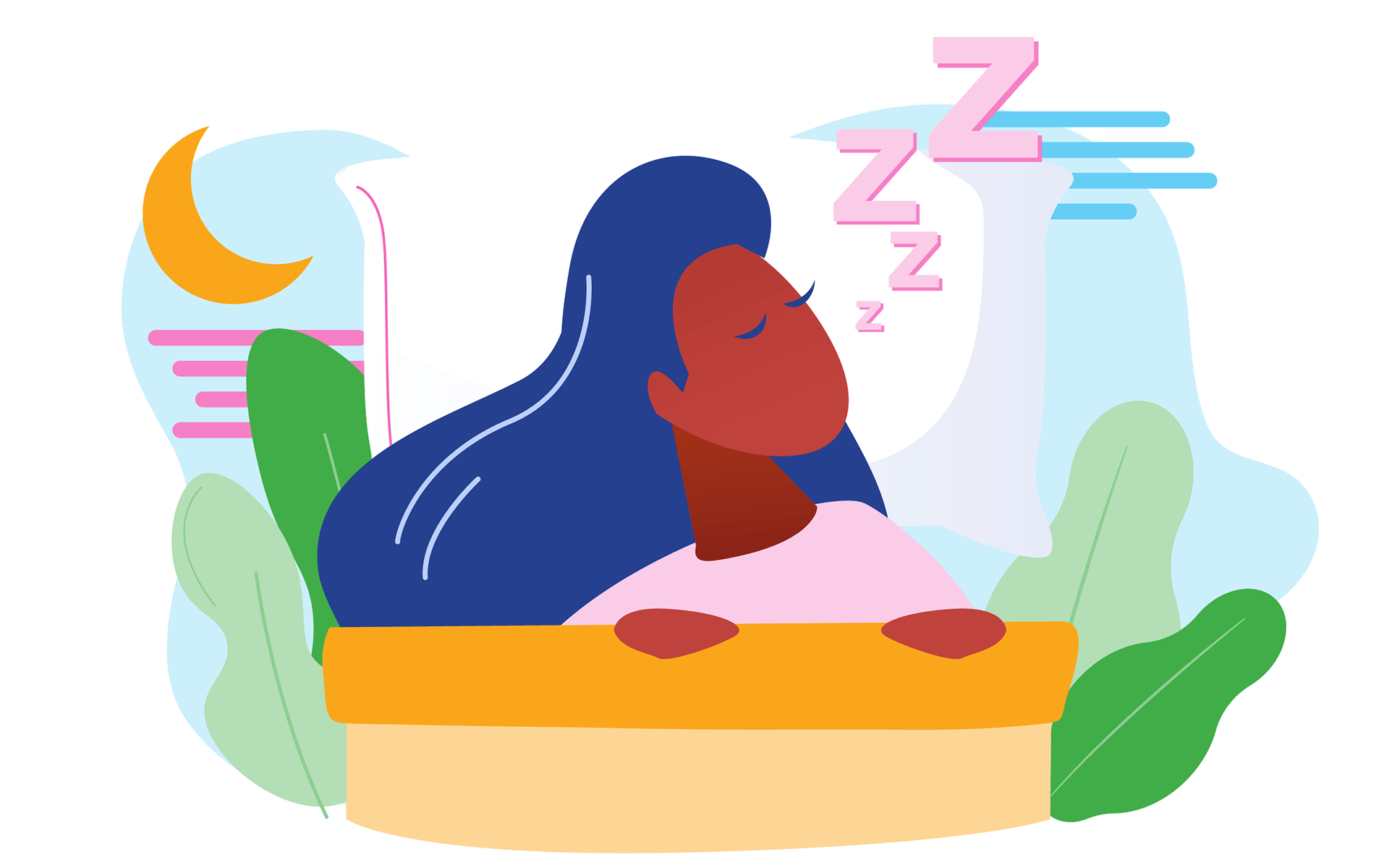From the pressures of tight deadlines to anxiety about job security, the stresses of the workplace take their toll far beyond the office, infiltrating our relationships, undermining our thoughts—and often affecting our ability to sleep. In fact, a recent survey found that 85 percent of U.S. workers lose sleep due to work-related stress. And if we’re not sleeping well, it’s easier to get derailed at work and elsewhere.
However, new findings from a research team in the Netherlands suggest that even a small amount of mindfulness meditation can help calm our hyperactive minds and improve our sleep.
“With growing pressures at work coupled with smartphone technology, it is really difficult to ‘switch off’ because you continue to receive work-related messages in the evening,” says Ute Hülsheger, an associate professor of work and organizational psychology at Maastricht University and the lead author of the study.
While meditation programs such as Mindfulness-Based Stress Reduction (MBSR) have been shown to be effective in treating anxiety, insomnia, and other psychological disorders, the trainings are often rigorous, requiring daily meditation and group sessions over a period of eight weeks—a tall order for many people wrestling with a busy work schedule.
“We were interested in knowing whether a low-dose training could be helpful because it is easier for people to do as compared to an eight-week program,” says Hülsheger.
In the study, participants with no formal meditation training were given reading materials that introduced them to the basic tenets of mindfulness—the moment-by-moment awareness of our thoughts, feelings, and bodily sensations. They also received instructions and audio of guided meditations for four specific mindfulness practices: a three-minute “mindful breathing” exercise (which focuses attention on the breath), the body scan (moving focus across different areas of the body), mindfully focusing on an everyday task (such as preparing breakfast or taking a shower), and loving-kindness meditation (sending feelings of love and compassion to themselves and others).
Over the course of two workweeks, the participants were asked to meditate using different combinations of these exercises for 10 minutes each day before and after work, according to a predefined schedule. In addition, participants completed a series of questions in the morning, at the end of work, and at bedtime to track their sleep quality, amount of mindfulness at work, and their ability to psychologically detach from work-related thoughts after coming home.
The results indicate that over the course of the two-week period, meditators experienced steady improvements in sleep quality, sleep duration, and mindfulness, but did not demonstrate significant enhancements in their ability to psychologically detach from work.
“It is likely you would have to train more intensely or for longer periods of time before you see any effects on psychological detachment,” says Hülsheger. “But it is possible that sleep quality is more sensitive to meditation and that you see the positive effects of the mindfulness training earlier.”
Meanwhile, those who were placed on a waitlist for the meditation training showed no significant improvements in sleep quality or mindfulness.
Hülsheger also notes that due to the short-term nature of the participants’ training, the positive effects probably would not persist over time. “Mindfulness is not something that you can just train properly in one or two weeks,” she says. “If you want sustainable effects, you have to keep practicing regularly.”
In future studies, Hülsheger and her colleagues hope to explore more precisely how long the positive effects last after practice ceases, which types of individuals continue to practice on their own, and which groups of people derive the greatest benefit from mindfulness practice—they wonder whether those who have the greatest stress at work might benefit most.
Hülsheger hopes this research will motivate organizations to shape their office environments to promote mindfulness.
“The more workload and time pressure people have, the less mindful they are,” she says. “So if organizations are serious about mindfulness, they should not only offer trainings but should also give employees space to focus on one task at a time—not force them to do five things at once.”
This article originally appeared on Greater Good, the online magazine of UC Berkeley’s Greater Good Science Center as part of their Mindful Mondays series, which provides ongoing coverage of the exploding field of mindfulness research. To view the original article, click here.
read more
The Ultimate Guide to Mindfulness for Sleep
Sufficient sleep heals our bodies and minds, but for many reasons sleep doesn’t always come easily. Mindfulness practices and habits can help us fall asleep and stay asleep. Consult our guide to find tips for meditation, movement, and mindfulness practices to ease into sleep.
Read More








